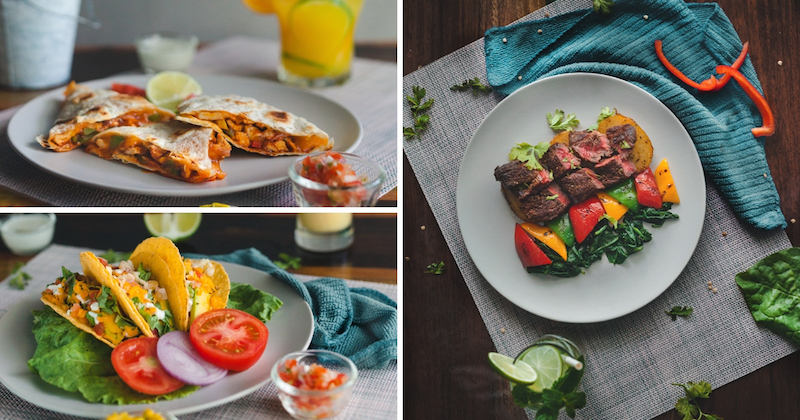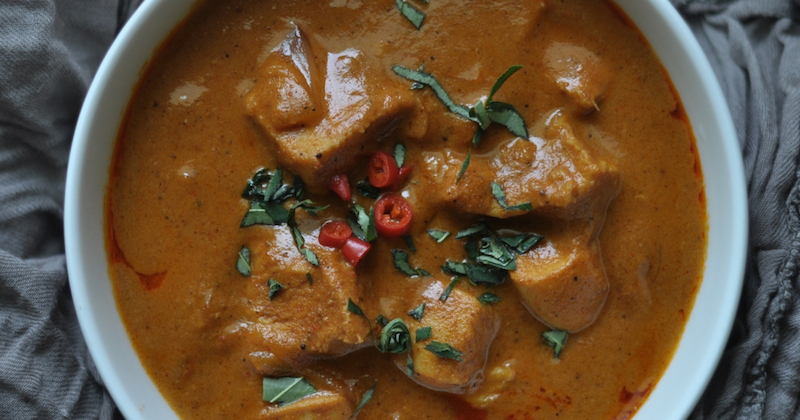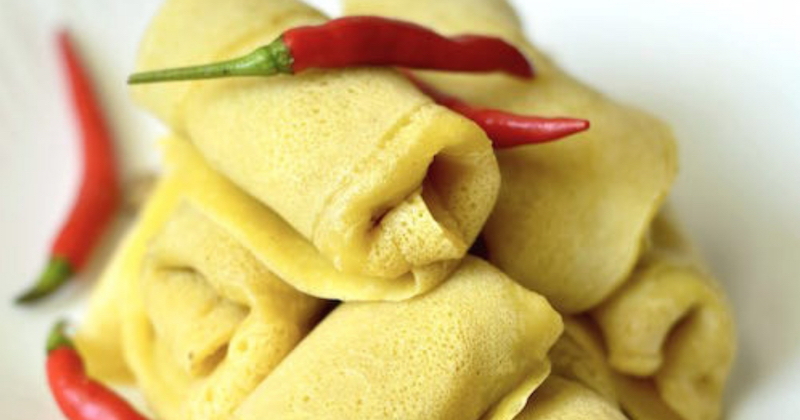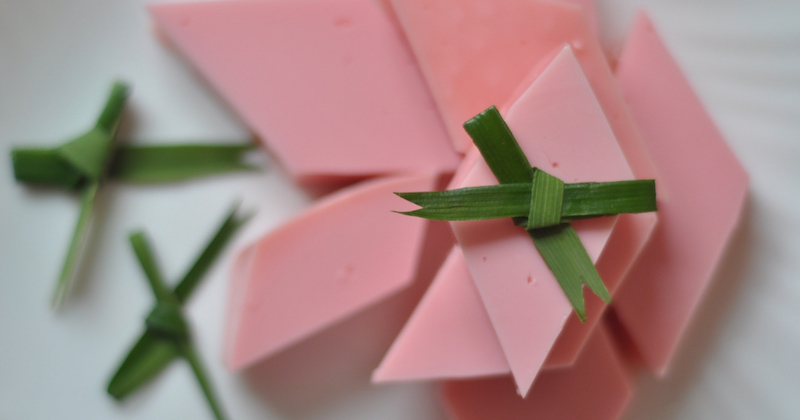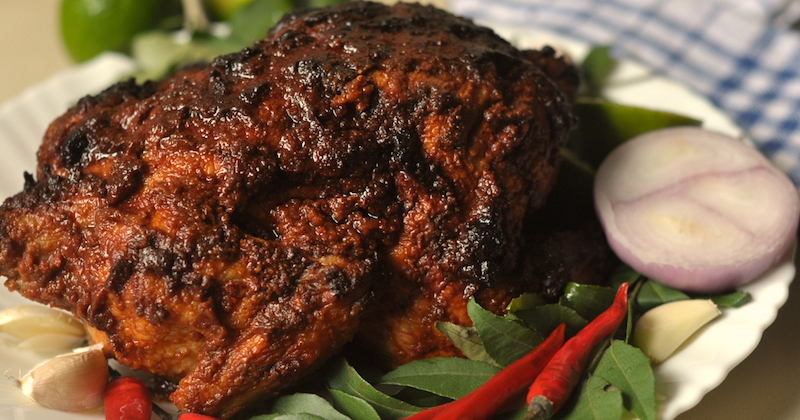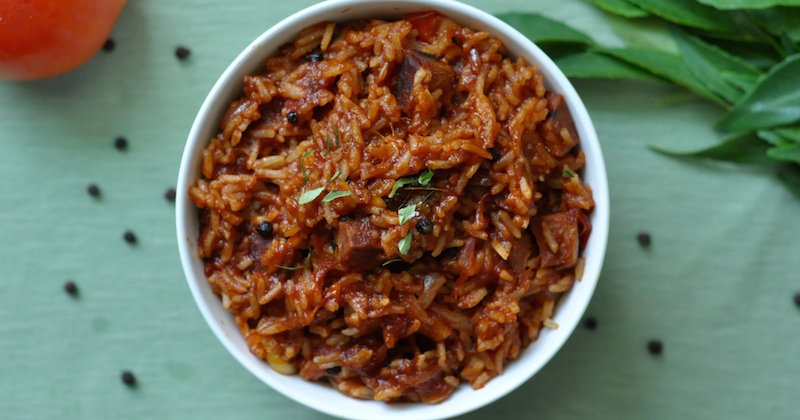Food safety tips
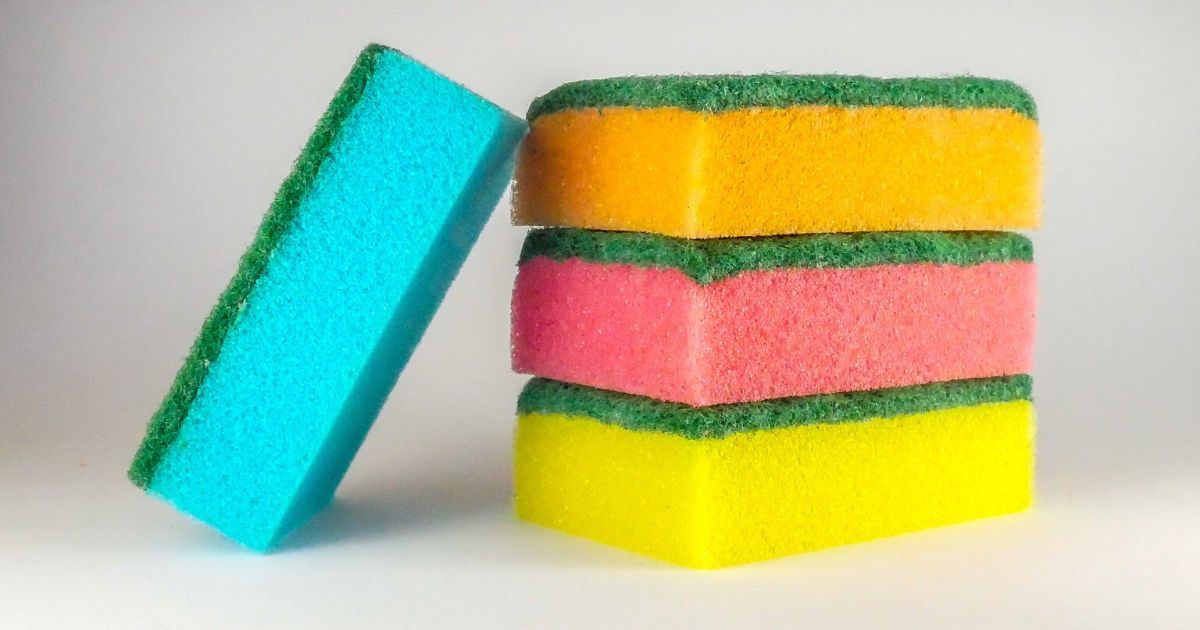
The novel coronavirus has been declared by the WHO as a global virus emergency and in times like these, we really can’t be too careful about what we eat and how we prepare our food. So below, we’ve summed up a few basic food hygiene steps we can all remember and follow.
Wash your hands
Whether you are eating or cooking, always wash your hands thoroughly before and after touching food. And by thoroughly we mean with a good anti-bacterial hand wash, working up lather and scrubbing in between fingers and other areas for at least 20 seconds, and then rinsing thoroughly. Dry your hands completely by using a clean towel or paper towel. And if possible use a paper towel to close the faucet too.
Keep the kitchen clean
The faecal bacteria on an average cutting board are comparable to that on an average toilet seat. That sums up how essential it is for a kitchen to be kept clean.
Sanitize daily the countertops and surfaces where food frequently come into contact. Also, wipe down the sink daily and disinfect it at least once a week.
Bacteria thrive where there’s water. So change the sponges and damp kitchen towels often and also get rid of the water that accumulates under your dish drainer daily.
Keep the appliances clean and sanitized and pay special attention to knobs and buttons, as these are the most touched parts.
Clean out the fridge
Do a thorough fridge check up weekly. Throw away anything that’s no longer edible. Cooked foods don’t usually last in the fridge for more than 4 days. Also, wash the compartments and shelves of your fridge monthly with warm water and soap.
Rinse vegetables & fruits
Those fruits and vegetables in our fridges have travelled long distances to get into our kitchens and it’s always a good idea to rinse them thoroughly before using them, even if you plan to peel them. Also, washing your fruits and veggies before peeling ensures that the microbes on the outside don’t get transferred to the insides.
Separate meat and veggies
To avoid cross contamination, do not use the same cutting board to cut both veggies and meat; same goes for the knife. Also, do not place cooked meat in plates or bowls that previously had uncooked meat in them without first washing them.
Use a good garbage bin
Employ a good bin in your kitchen, one with a tight fitting lid and pedal opening. Empty the bin daily and sanitize it at least once a week.
Cook food thoroughly
With undercooked food there’s always the risk of harmful bacteria being ingested. While most of us don’t own kitchen thermometers to check internal temperatures of meats, we can always just cut into the meat and check whether it’s cooked through before serving.
Good storage
And finally, pay attention to how you store food. When you store ingredients in the cupboard, keep them in tightly enclosed containers. Don’t keep them in loose plastic bags as insects can get into them and lay eggs, which is very gross. When putting food in the fridge, make sure the items are placed in the right compartments. Also when storing leftovers in the fridge, make sure you cool them down before putting them in as warm foods can increase the fridge temperature putting everything else in there at risk.
About Lonumedhu
Lonumedhu is about eating great food right here in the Maldives.
Our easy to follow recipes use locally available ingredients.
In our blog you will find food news, interviews with chefs and cooks, useful information about eating out and other foodie reads.
Contacts
© Lonumedhu.com 2017-2026. All rights reserved. No part of this website may be reproduced without the written permission of the publisher.
Advertisers
Lonumedhu.com has partnered with Qualia Pvt Ltd, a publishing & marketing agency, for its desktop and mobile advertising.
Advertising enquiries should be directed to (960) 987 4396 or marketing.sales@lonumedhu.com.


